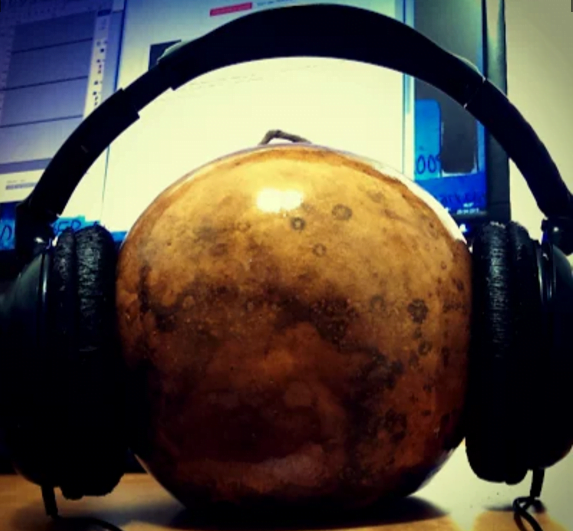Buy the full album here and support the artist. (Dundak no longer exists… Not sure where this can be bought internationally on the internet anymore)
Sereno eu caio, sereno eu caio
Eu ralo tanto no cumbuco do balaio
quero papai, quero mamãe, quero dindinha
quero agulha, quero a dedal e quero linha
rapaz (oi) que tenha dinheiro
É moça que garante os cabelos
cascavel de vareta
danado pra bater chocalho
Papai só roça caminho
quando é tempo de aruvalho (aruvalho = orvalho)
aê aê aê aô
This song starts with ‘Sereno eu caio’, which means ‘dew, I fall’, but sereno also means ‘light rain’, or just serene. Cumbuco is a cow or bull whose horns point at each other, and also a place, tanto means a lot, balaio means various things including a weave basket. I can’t quite make sense of that sentence, even in Portuguese, but it just sounds great when sang, it has a lovely rhythm to it. It makes me think of someone working hard, because ‘ralo’, ralar, means to work hard, graft, but it also means ‘to grate’.
“quero agulha, quero a dedal e quero linha” – these all the ingredients needed for sewing… needle, thimble and thread.
‘rapaz oi que tenha dinheiro’ (in other versions “sou rapaz, não tenho dinheiro” – I’m a lad, I have no money), ‘moça que garante os cabelos’ or a girl who, well, ‘guarantees hair’? I really don’t know what’s going on here.
‘cascavel de vareta’ (rod rattlesnake) and ‘danado pra bater chocalho’ (keen to bang rattle), sometimes, to me, this means he plays the berimbau very well, other times I’m not sure what it means at all.
“Papai só roça caminho, quando é tempo de aruvalho” – Father only ploughs the way/land when it’s the dew time (so, probably very early in the morning)
This song may have been written by Mestre Gato Preto, or could be public domain; either way he recorded as singing it first, according to my ‘sources’.
Bonus video, Mestre Pernalonga singing and playing, then CM Rafael singing (whom I met on trip to Guara in 2015):
